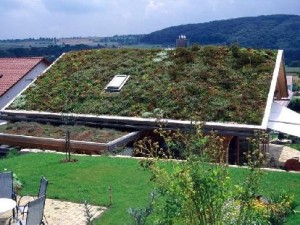 More than a playground for the rich, Dubai’s Ras Al Khor Wildlife Sanctuary protects a wild selection of birds
More than a playground for the rich, Dubai’s Ras Al Khor Wildlife Sanctuary protects a wild selection of birds
Dubai. The very word evokes a sense of plastic dread: tall, extravagant buildings shimmering in the sharp sun, the tallest buildings, the trendiest, and one of the worst environmental offenders we can think of.
And yet, Dubai’s 3900 sq km hosts a plethora of migratory birds traveling between Africa and Asia, as well as various year-round species. We’ve always thought of this particular emirate as a wealthy wasteland, but can it actually support a healthy variety of wildlife as well?
Dubai is surprisingly diverse, according to Wildlife Extra. Its mountains, off shore islands, and rocky outcrops, as well as the mangrove swamps, tidal wetlands, lagoons, mud flats, and desert scrub all support an equally impressive array of birds.
Among them are gleaming kingfishers, predatory eagles, bee-eaters and owls. And in winter, it’s possible to travel just outside of the city glut to view flocks of salmon-colored flamingos with their black-tipped beaks.
Dubai’s sanctuary for birds
Part of the 10 km tidal creek that flows from the Gulf and Dubai city was set aside as the Ras Al Khor Wildlife Sanctuary and includes nutrient rich tidal mud flats and lagoons, along which mangrove saplings were planted in 1993. Sheikh Mohammed established the sanctuary and continues to be responsible for its management.

Mangrove forests can help mitigate climate change
They take their management seriously here. Police patrol the area to ensure that visitors do not disturb the wildlife and visitors are required to apply for a permit 3 days before their visit in order to enter. These measures allow conservation managers to maintain the sanctuary’s ecological integrity.
Plan ahead, get your permit
But the trouble is worth it. Against the backdrop of the infamous skyline, parents can take their children on a peaceful outing, get fresh air, and teach their children about the spunky life of birds. There is the Spoonbill, whose long beak resembles a spoon, and who favors lakes, marshes, swamps and mud flats. Or the Purple sunbird so named for the racy splash of color on its rump.
So if you’re heading to Dubai and want to escape the rat race, head for the sanctuary, winter is best, and immerse yourself in the flighty world of our feathered friends.
More Wildlife News:
Turkey Helps Syria Revive “Thoth” – The Northern Bald Ibis
Nature Iraq’s Conservation in A Combat Zone
What Tagged Hawksbill Turtles From Qatar Tell Us



